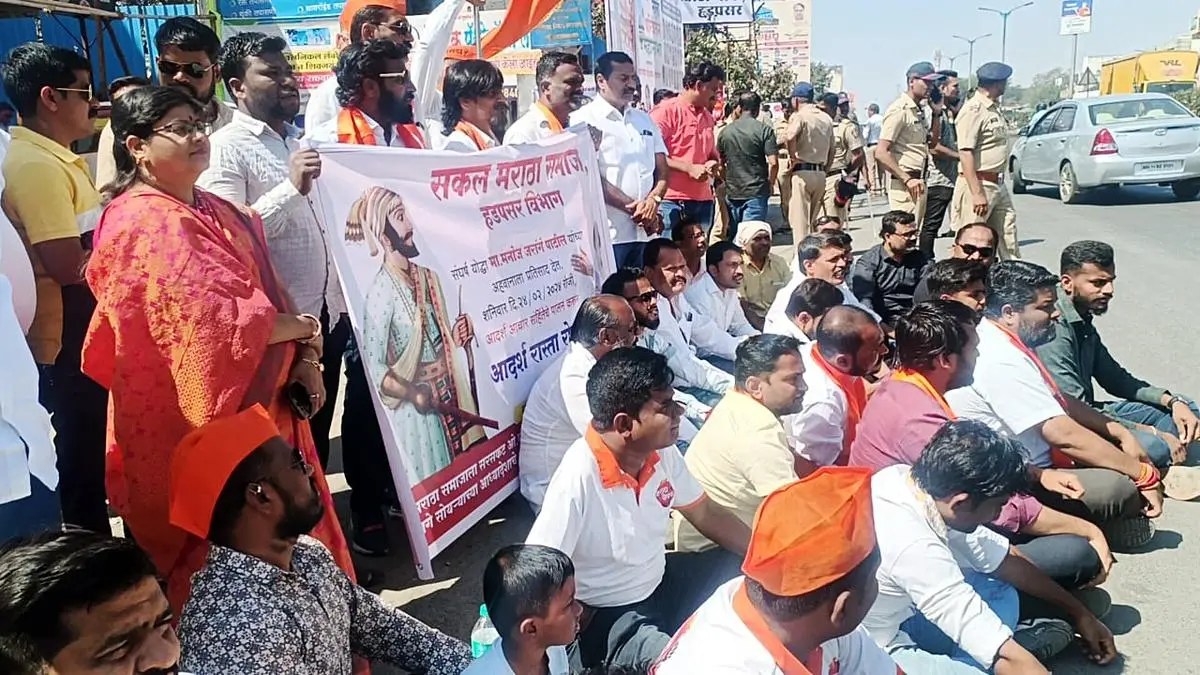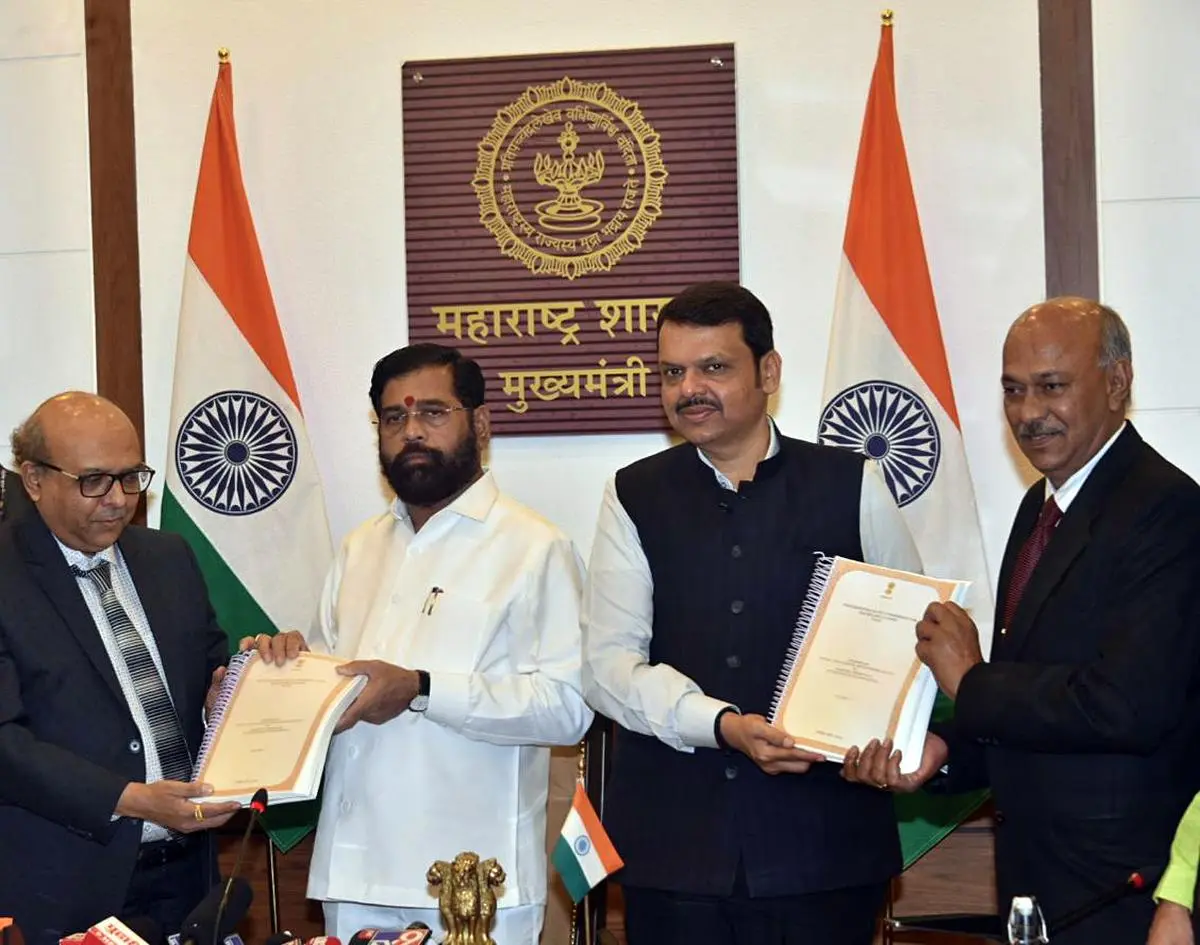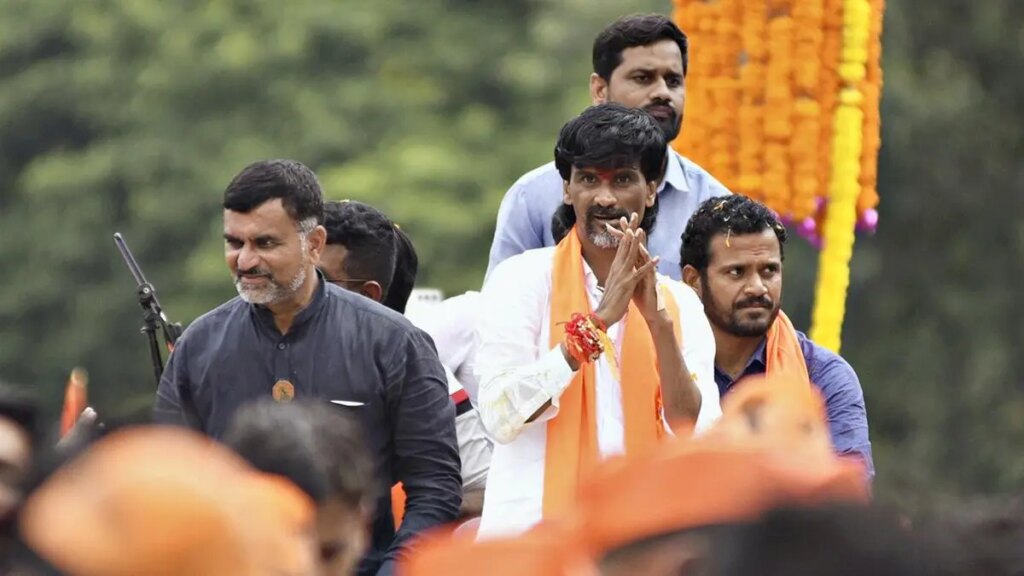The Union government’s announcement on April 20, 2025, that the decadal Census exercise would include caste enumeration took both supporters and opponents of the government and ruling party by surprise. Prime Minister Narendra Modi had never made a secret of his opposition to the idea of a caste census. When Congress leader Rahul Gandhi made it one of his main campaign planks in 2024, Modi had dismissed it as an “urban naxal plot”. BJP leaders tried to deflect opposition barbs about an apparent change of tack by sharing a video from a 2010 Lok Sabha debate in which the party’s deputy parliamentary leader, Gopinath Munde, could be seen demanding a caste census alongside the decadal Census of 2011. This, they claimed, proved that the demand for a caste census was initially raised by one of their own.
Munde, the BJP’s first mass leader in Maharashtra, was from the semi-nomadic Vanjari caste, which is mainly concentrated in the central parts of the State. His rise was a result of political equations that changed in the post-Mandal Commission era in the early 1990s. Maharashtra was the first State to implement 27 per cent reservation (in government jobs, educational institutions and local body elections) for Other Backward Classes. A total of 404 communities together received 27 per cent reservation under six sub-categories.
When Munde was raising demands for a caste census, many OBC communities were saying that their quotas should be proportionate to their population share—a demand that persists to this day. Much has changed in the past decade, and the politics of reservation has become more complex. Now Marathas, who numerically constitute Maharashtra’s largest community, also want reservation.
Also Read | Caste census: A surgical strike on India
But it is an old demand. Some leaders of the community have been demanding OBC status for Marathas for almost 25 years now. But it was in 2023 that the demand started gaining momentum with Manoj Jarange Patil going on the first of what would turn out to be a series of fasts to press for reservation for Marathas in the Marathwada region under the OBC category. Marathas from Marathwada, he said, should be designated as Kunbi, a caste that is recognised as OBC in Maharashtra.
Marathwada was part of the Hyderabad Nizam’s territories prior to the 1950s. The birth or school certificates of many elderly Maratha people from Marathwada specify their caste as “Maratha-Kunbi”. Giving Marathas “Kunbi” status would make them eligible for all benefits that OBCs are entitled to in Maharashtra.
Patil’s agitation gained much public attention and sympathy after protesters rallying in support of his demand faced a baton charge by the police in September 2023. Patil found himself feted by opposition leaders, and one of the first to meet him at the protest site was the veteran Nationalist Congress Party (NCP) leader Sharad Pawar. The State government, then under Eknath Shinde as Chief Minister, was forced to apologise and assure Patil that his demand would soon be met. In January 2024, the government said all his demands would be met. Complications surrounding the demand remain, however, and Patil has periodically resumed his fasts over the past couple of years, keeping up the pressure on the government to implement its promise.
Other OBC communities, pressing for quotas reflecting their population share, are unhappy as they anticipate an erosion of their own interests with the Marathas getting a share of OBC reservation. The Maratha agitation for Kunbi status has spurred OBC leaders such as Babanrao Taywade to revive their own demands for a caste census, which they feel would help assert numerical strength and push for proportionate reservation.
Maratha leaders, including Patil, claim Marathas comprise 35 per cent of Maharashtra’s population. In fact, three different governments since 2012 have tried to extend reservation to Marathas—offering 16 per cent reservation, then 12 per cent, and finally 10 per cent. But these moves, supported by all political parties, were struck down by the Supreme Court on the grounds that the 50 per cent ceiling on reservation was being breached. Only a caste enumeration showing the distribution of the population across castes might lead to the lifting of this ceiling. A large section of Marathas, therefore, support the idea of a caste census.

Maratha Reservation activist Manoj Jarange Patil’s supporters stage a protest over the demand for a Kunbi certificate for all Marathas and other various demands, in Pune on February 24, 2024.
| Photo Credit:
Nitin Lawate/ANI
According to the last caste enumeration that was part of the 1931 Census, Marathas accounted for 32 per cent of the State’s population; Dalits, 14 per cent; Muslims, 11.54 per cent; and tribal communities, 9.35 per cent. There is no substantive government documentation to support the claim made by some OBC leaders that OBCs constitute 54 per cent of the population as per the 1931 Census.
All parties hail caste census
All political parties in Maharashtra have welcomed the caste census announcement. While a jubilant Congress claimed it had forced the government’s hand, the BJP was quick with attempts to show its own support for a caste census was of an older vintage. Rival factions of both the Shiv Sena (Uddhav Thackeray and Eknath Shinde) and NCP (Sharad Pawar and Ajit Pawar) welcomed the move. Like Patil, Taywade welcomed the decision: “OBCs were demanding the caste census for long. We are sure that the OBC population in India is more than what is being said [52 per cent] right now.”
Many smaller communities under the OBCs category are particularly happy. Castes such as Mali (gardener), Sutar (carpenter), and Nabhik (barber) have been demanding a caste census one for decades. Atmaram Chavan of Konkan Nabhik Samaj said, “We are facing injustice within the OBC category from the start. After the caste census, the actual number of every caste will be out. Reservation should be based on that.”
But there are also experts who believe that a caste census will not influence the reservation debate. Professor Rajendra Kondhare, one of the leaders of Maratha community from western Maharashtra, said: “Reservation for Marathas is stuck in the Supreme Court as the question on social backwardness of the community is raised. Just numbering the population is not enough. The Maratha reservation issue will be solved only if the State government succeeds in conveying to the court that the Marathas are backward.”

Chairman of the State Backward Classes Commission, retired Justice Sunil Shukre, hands over the survey report on the backwardness of the Maratha community to Maharashtra Chief Minister Eknath Shinde, in Mumbai, in February 2024. Deputy Chief Minister Devendra Fadnavis is also present.
| Photo Credit:
Eknath Shinde/X
But others believe that a comprehensive caste census would help in resolving current issues. Pravin Gaikwad, a Maratha community leader, said: “The caste census should also collect data on the financial condition of the family, information about jobs in private as well as government sector, about business and its size, and educational qualification of the family members. Only such data will be helpful for any action in the future.”
Caste census can open many fronts
As of now, the caste census debate is centred around reservation. “It is obvious that the reservation issue has been at the centre of socio-political discourse for the last two or three years. So, all the discussion is around it. But if properly done, the caste census will open many fronts such as the question of a share in natural resources of the country, representation in the private sector including media, and the nature of the judicial system,” said Jaydeo Dole, senior journalist from Chhatrapati Sambhajinagar.
Sections that have been vocal in demanding a caste census have connected it to lifting the 50 per cent cap on reservation. So far, therefore, the debate has revolved around quotas in the government sector, and the possibility of reservation in the private sector. But political observers believe that the issue of political representation will also enter the debate soon. Prakash Pawar, professor of political science at Shivaji University, Kolhapur, said: “All the castes and sub-castes will be counted. This will give everyone an idea of the exact numbers of castes. Political parties will recalibrate their strategy based on those numbers. Right now, things were based on assumptions based on the 1931 census. This is going to change. In the process, we can see that many smaller castes and sub-castes forming an alliance outside their category for the political dominance.”
Also Read | Caste comes to the census: BJP’s tactical shift ahead of Bihar election
Existing political equations might also change. In Maharashtra, OBCs are largely aligned with the BJP. It will be a major achievement for the Congress, which has been trying to create a support base among OBCs, if it can establish that the pressure exerted through campaigns of Rahul Gandhi forced the government to announce a caste census.
“The Congress will have to come up with a plan to reach out to the OBC groups. They will have to catch the current positivity among OBCs for Rahul Gandhi,” said Shrimant Mane, editor of Lokmat, a Marathi daily in Nagpur.
The caste census may well bring back caste as the focus of elections, rather than religion or nationalism. For the last 10 years, the BJP has successfully used the “religion-nationalism” cocktail in elections. “The BJP tried hard to turn Maharashtra into a new Hindutva-dominated state. The electoral success of the 2024 Assembly elections has given it confidence. Now things will go back again on caste lines. A narrative drawn on the lines of caste will now catch the imagination of young people,” said senior journalist Padmabhushan Deshpande.
The merits of a caste census may be debatable. One thing, however, is certain. It is going to upend the current political order.
Source:https://frontline.thehindu.com/politics/caste-census-2025-maharashtra-maratha-reservation/article69553149.ece

